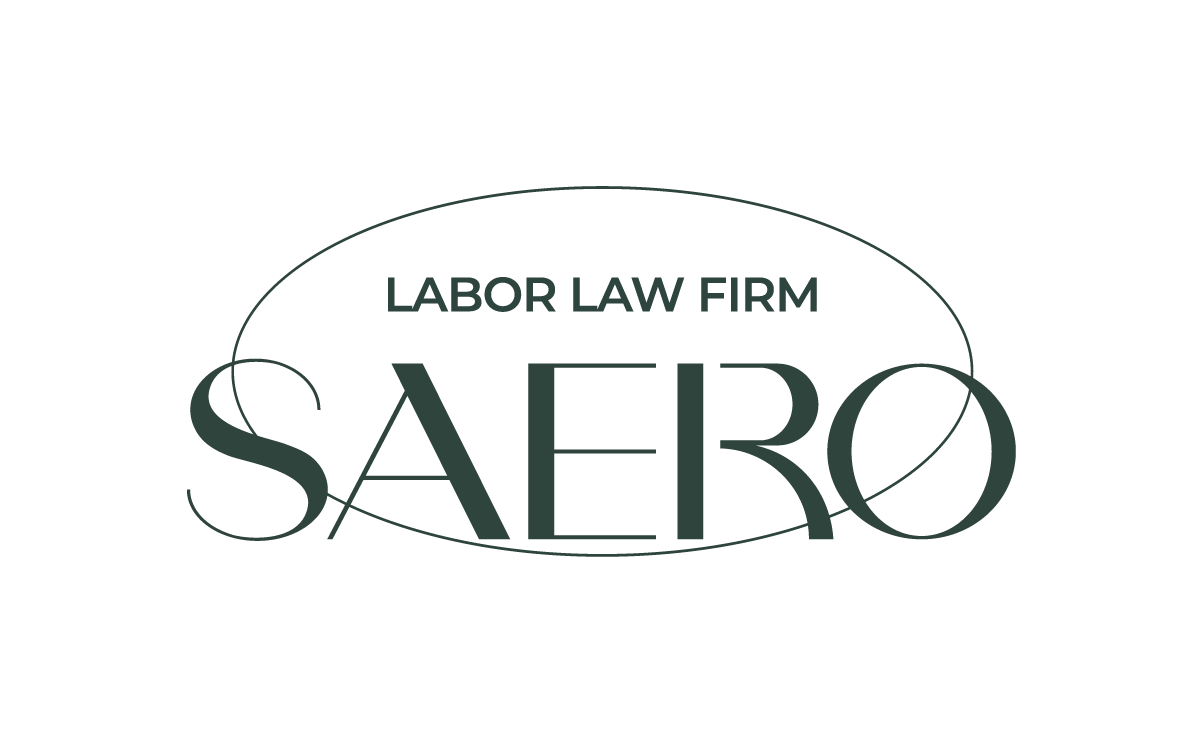Overseas Employee Dispatch to Korean Office - Korean Labor Law Compliance, Employment Contract
- Date2024/06/10 21:14
- Read 151

We have examined situations involving the dispatch of an employee from a foreign headquarters to the Seoul branch office. Based on several cases we have recently consulted, we will explain the employment relationship for employees dispatched from the global HQ to the Korean branch as follows.
[Case Overview]
An employee from a foreign headquarters is set to be dispatched to the Seoul branch office for a year and then return to the overseas headquarters. The employee will remain under contract with the foreign headquarters and receive their salary from there. The question arises whether this employee must also sign an employment contract with the local branch (Korean entity) in accordance with Korean labor law, such as the Labor Standards Act.
[Applicable Laws for Dispatched Employees from Foreign Entity]
For legal relationships involving foreign elements, Article 45 of the Private International Law stipulates that the law explicitly or implicitly chosen by the parties shall apply to the contract. However, under Article 48, Paragraph 1 of the same law, even if the parties choose a governing law, the mandatory provisions of the country where the employee ordinarily provides labor cannot be overridden to deprive the employee of protection.
Regarding the "country where the employee ordinarily provides labor," the Ministry of Employment and Labor's administrative interpretation (Labor Standards Policy Division-4248, December 29, 2022) outlines several factors to determine the applicability of the Labor Standards Act:
-
Duration of overseas work during the total employment period
-
Work location and whether the return to the domestic office is temporary
-
Place of contract signing
-
Entity directing the work hours and paying wages
-
Entity effectively receiving the labor
-
Employee's expectations and perceptions regarding the applicable law
-
Consultation Response
[Case Study]
For some general cases, we advised that the employee can be seen as "an employee of the foreign corporation temporarily transferred to the local branch," thus the law of the home country of the foreign headquarters applies considering the following points:
-
The governing law chosen by the parties is the law of the foreign headquarters' country.
-
The employee is scheduled to return to the headquarters after one year.
-
The contract with the foreign headquarters was signed abroad.
-
The salary is paid by the foreign headquarters.
However, it was noted that during the dispatch period, the employee might be subject to the command and control of the local branch. Therefore, for specific working conditions such as working hours, breaks, annual leave, and holidays, if the Labor Standards Act (Korean labor laws) or the Rules of Employment of the Korean branch offer more favorable protection than the law of the foreign headquarters' country, it is advisable to apply these local standards.
[Recommended Approach for Clear and Smooth Operations]
Additionally, for clarity and smooth operation, we recommended to establish an agreement between the local branch and the foreign headquarters specifying the following:
-
The entity responsible for giving work instructions
-
The entity responsible for paying the salary
-
The duration of the dispatch period
-
The nature of the duties to be performed
-
Working conditions, including working hours, breaks, annual paid leave, and holidays
For any questions, please contact us using 'CONTACT US' section at the bottom of our webpage or click on the image below to email us directly to saero@saerolabor.com.
